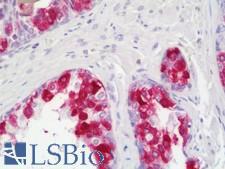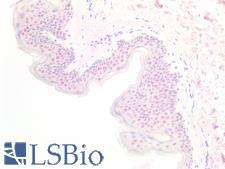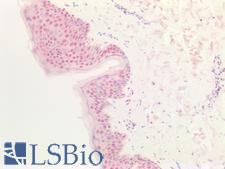Login
Registration enables users to use special features of this website, such as past
order histories, retained contact details for faster checkout, review submissions, and special promotions.
order histories, retained contact details for faster checkout, review submissions, and special promotions.
Forgot password?
Registration enables users to use special features of this website, such as past
order histories, retained contact details for faster checkout, review submissions, and special promotions.
order histories, retained contact details for faster checkout, review submissions, and special promotions.
Quick Order
Products
Antibodies
ELISA and Assay Kits
Research Areas
Infectious Disease
Resources
Purchasing
Reference Material
Contact Us
Location
Corporate Headquarters
Vector Laboratories, Inc.
6737 Mowry Ave
Newark, CA 94560
United States
Telephone Numbers
Customer Service: (800) 227-6666 / (650) 697-3600
Contact Us
Additional Contact Details
Login
Registration enables users to use special features of this website, such as past
order histories, retained contact details for faster checkout, review submissions, and special promotions.
order histories, retained contact details for faster checkout, review submissions, and special promotions.
Forgot password?
Registration enables users to use special features of this website, such as past
order histories, retained contact details for faster checkout, review submissions, and special promotions.
order histories, retained contact details for faster checkout, review submissions, and special promotions.
Quick Order
PathPlusTM MEN1 / Menin Antibodies
MEN1 (Menin) is a nuclear protein that functions in histone modification and epigenetic regulation. It is considered a tumor suppressor of some cancer types, and inherited mutations in MEN1 lead to multiple endocrine neoplasia type 1 (MEN-1 syndrome), in which cancers may manifest in the pancreas, parathyroid, pituitary and adrenal gland. Separately, it exhibits oncogenic effects in other cancers such as Ewing sarcoma, where it is overexpressed and epigenetically drives a pro-proliferative transcriptome. Inhibition of MEN1 has been shown to reduce tumor growth in some cases. In immunohistochemistry of normal tissues, MEN1 has low to moderate nuclear positivity in all tissues throughout the body.
References: Human Molecular Genetics. 6 (7): 1177–83, PMID: 9215690; Best Pract Res Clin Endocrinol Metab. 2010 Jun;24(3):355-70, PMID: 20833329; J Pathol. 2018 Jul;245(3):324-336, PMID: 29672864
3 PathPlusTM Antibodies



☰ Filters
Products
Antibodies
(3)
Type
Primary
(3)
Target
MEN1 / Menin
(3)
Reactivity
Human
(3)
Mouse
(2)
Application
IHC-P
(3)
WB
(2)
IP
(2)
Host
rabbit
(2)
goat
(1)
Product Group
PathPlus Cancer
(3)
Isotype
IgG
(3)
Clonality
polyclonal pc
(3)
Format
Unconjugated
(3)
Epitope
aa575-C-term
(3)
Publications
No
(3)

Cancer
MEN1 / Menin Rabbit anti-Human Polyclonal (aa575-C-term) Antibody
Mouse, Human
IHC-P
Unconjugated
50 µl/$460

Cancer
MEN1 / Menin Goat anti-Human Polyclonal (aa575-C-term) Antibody
Human
IHC-P, IP, WB
Unconjugated
50 µl/$460

Cancer
MEN1 / Menin Rabbit anti-Human Polyclonal (aa575-C-term) Antibody
Mouse, Human
IHC-P, IP, WB
Unconjugated
50 µl/$460
Viewing 1-3
of 3
product results










